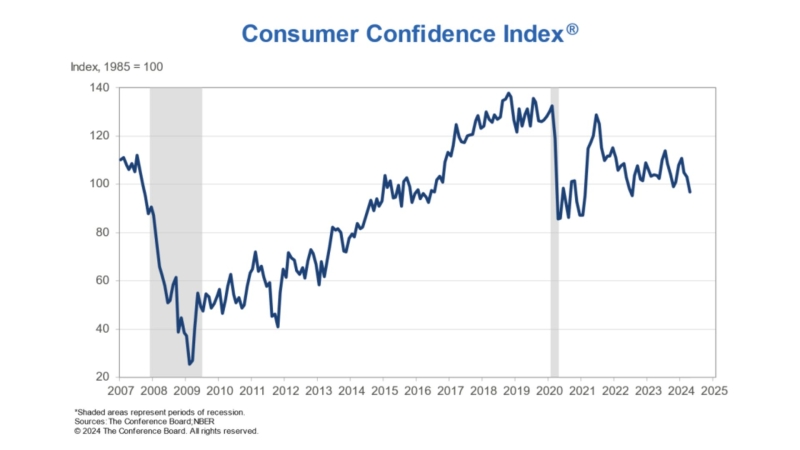Advertisement
MBA delivers testimony before House Financial Services Committee on regulatory reform

John A. Courson, president and chief executive officer of the Mortgage Bankers Association (MBA), testified before the House Financial Services Committee on July 15th at a hearing on the Obama administration's financial regulatory reform proposals titled "Banking Industry Perspectives on the Obama Administration's Financial Regulatory Reform Proposals."
Below is Mr.Courson's oral statement to the committee, as prepared for delivery.
"Thank you, Mr. Chairman.
Let me say from the outset, MBA supports regulatory modernization and strengthening consumer protections. Our country's economic crisis gives us a once-in-a-generation opportunity to improve the regulation of our mortgage markets. These improvements to the financial regulatory structure will have a profound effect on the availability and affordability of mortgage financing. We believe they must be judiciously considered, so reform is done right.
Today's financial regulatory system is a patchwork of state and federal laws. While MBA strongly supports the Congress' and the administration's efforts to improve this system, having reviewed these proposal through the prism of our regulatory modernization principles, we have some concerns.
MBA's principles include that all parts of financial services regulation must be addressed comprehensively. And, regulatory changes should focus on substance not form.
Uniformity in oversight and interpretation of standards should also be promoted whenever possible. Collaboration among regulators and transparency should be required. Appropriate borrower protections must be balanced with opportunities for the industry to compete and to innovate. Finally, attention must be given to ensure the continued availability and affordability of sustainable mortgage options.
With these points to guide our analysis, MBA has the following concerns about the creation of a Consumer Financial Protection Agency.
Establishing a new consumer protection regulator - while also maintaining authority at existing regulators - may actually weaken consumer protections by dispersing regulatory power and removing consumer protection from the mainstream of the regulators' focus.
In addition, CFPA may result in a worse patchwork of federal and state laws as well as uneven protection and increased costs for consumers. To truly protect consumers, we need greater uniformity. Additionally, while the proposal suggests that HUD and the Federal Reserve work together to achieve a single combined RESPA/TILA disclosure, or have it become the responsibility of CFPA, the bill does not require such collaboration as this committee directed in the mortgage reform bill which passed the House in May. And, borrower protections offered in HR 3126 could stem competition and innovation.
If saddled with responsibilities across the spectrum of financial products, CFPA could fail to give proper attention to the single biggest asset most families purchase - a home. Because the new regulator would not be solely focused on mortgage regulation, there is a danger that mortgage products may not receive sufficient priority.
To respond to these issues MBA believes there are better alternatives for improving consumer protections.
With our expertise in mortgage markets, MBA has developed a groundbreaking proposal to protect consumers and improve the system that regulates mortgage finance. We call it the Mortgage Improvement and Regulation Act (MIRA). It would provide uniform standards and consistent regulation for all mortgage lending.
MIRA would improve the regulatory process to include more rigorous standards for lenders and investors and equally clear protections for consumers. Instead of adding duplicative regulation at the federal level, it would fill gaps in regulation of nondepository lenders and mortgage brokers, streamline regulation and enhance enforcement.
MIRA could easily be part of a more comprehensive regulatory modernization effort. Most importantly, it would ensure that consumers are provided mortgage financing and protection from abuse.
We hope the committee will consider MIRA as part of its regulatory modernization effort.
Mr. Chairman, MBA looks forward to working with the committee on new consumer protection and regulatory modernization legislation as these proposals are developed. These are extremely complex and important issues, and we hope that the committee will take all of the time it needs to do the right thing."
For a copy of Courson's full written statement, click here.
About the author





